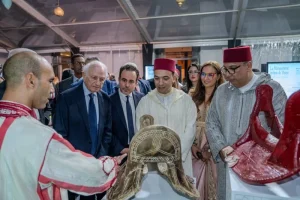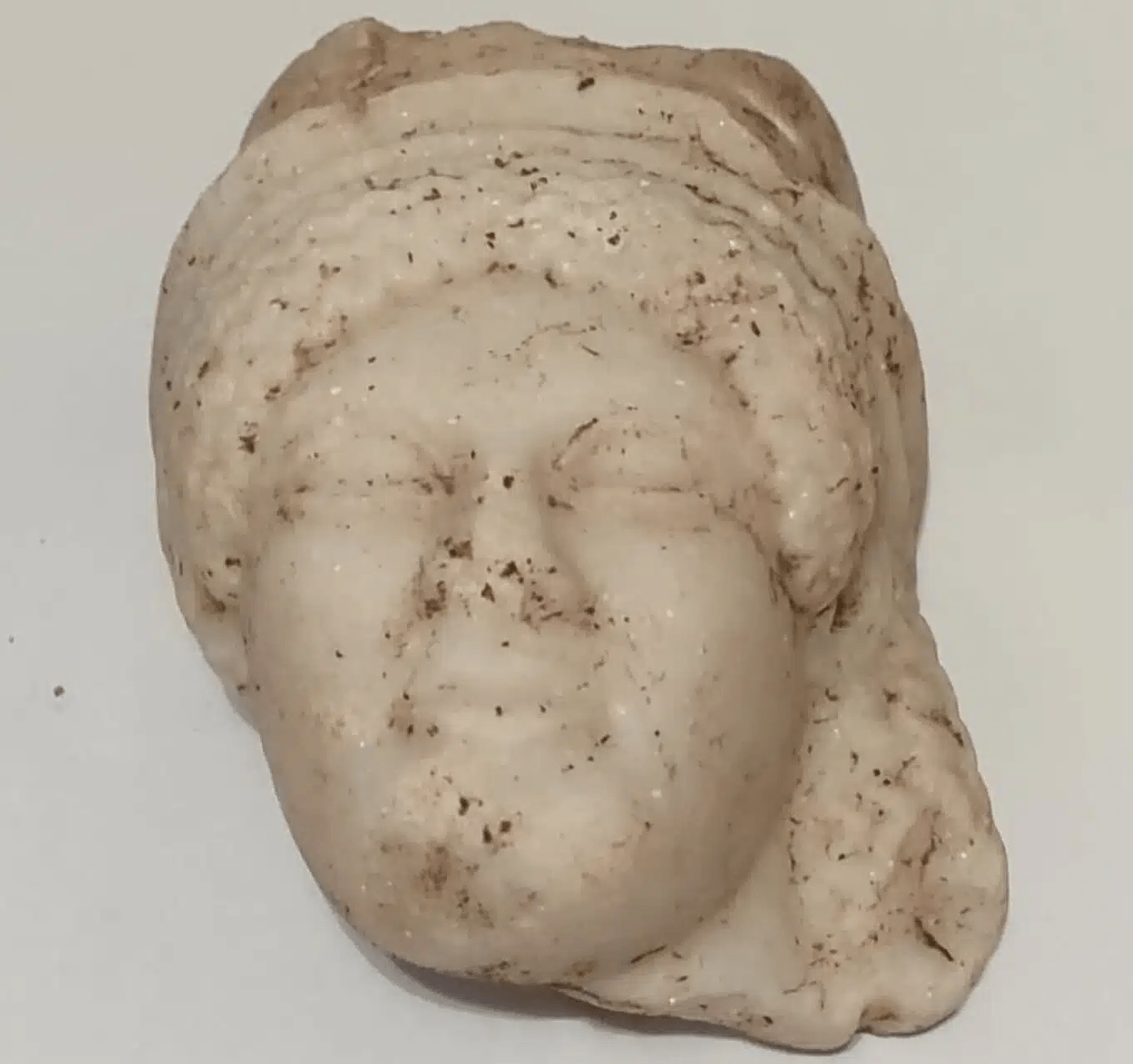Egypt bets on new museum to revive tourism

Egypt is banking on the inauguration of the Grand Egyptian Museum (GEM) on 1st November to rejuvenate its long-struggling tourism industry, which has suffered from years of political unrest, the COVID-19 pandemic, and regional conflicts.
Officials hope the state-of-the-art museum, located near the iconic Giza Pyramids, will attract as many as seven million additional visitors annually and boost total tourist arrivals to around 30 million by 2030 as reported by The Arab Weekly via Reuters.
Overlooking the ancient pyramids, the 500,000-square-metre museum will showcase tens of thousands of artefacts, including the complete collection of treasures belonging to the boy-king Tutankhamun—many of which will be displayed for the first time. The GEM’s immersive exhibits and virtual-reality experiences mark a sharp contrast to the cluttered, traditional displays of the century-old Egyptian Museum in central Cairo.
Tourism is a vital source of foreign currency for Egypt, used to fund essential imports such as fuel and wheat. According to official figures, the country welcomed 15.7 million tourists last year, generating a record $15 billion in revenue. This marks a remarkable recovery from 2015–2016, when political turmoil after the 2011 uprising caused tourism revenues to collapse to just $3.8 billion.
However, despite signs of rebound, Egypt’s tourism industry still lags behind regional competitor Turkey, which drew over 50 million international visitors last year, bringing in more than $60 billion. Analysts say Egypt must tackle long-standing issues such as poor infrastructure, inconsistent planning, and lingering security restrictions to reach its full potential.
Ghada Abdelmoaty, an associate professor at the Higher Institute of Tourism and Hotels in Alexandria, said the government’s visitor goals were achievable. “The museum accommodates a huge collection that was previously kept in storage due to lack of display space,” she said.
Traditionally known for its Red Sea resorts, Egypt hopes the GEM’s opening will attract more cultural tourists—travelers who generally spend more and stay longer than beachgoers. While official figures do not specify how many visitors come for cultural reasons, a 2021 study suggested they represented less than one-quarter of the total. Abdelmoaty estimated that “only ten to fifteen percent” of international tourists currently visit for cultural experiences.
To change that, Egypt’s tourism operators are developing combined packages linking historical and leisure destinations. Remon Naguib, chief commercial officer at Orient Hospitality Group, said his company plans to include the GEM in “joint programmes” that allow visitors to “come and visit the museum, then spend three nights in a Red Sea destination, including Ain Sukhna, which is just one hour from Cairo.”
With recent disruptions to Red Sea shipping reducing Suez Canal revenues, tourism has become even more critical to Egypt’s fragile economy. Yet the sector remains vulnerable to shocks, from political violence in past decades to the COVID-19 pandemic and Russia’s 2022 invasion of Ukraine—countries that accounted for nearly a third of arrivals in 2021. The ongoing war in Gaza has also weighed on visitor confidence.
Experts warn that to fully capitalise on the GEM’s potential, Egypt must improve infrastructure and visitor experience across the board. “The museum has to be complemented by very high-quality tourist infrastructure, hotels, transport, and beyond,” said Ragui Assaad, professor of international economic policy at the University of Minnesota.
Authorities have already begun addressing these needs. Roads leading to the GEM have been refurbished, and a new airport has been constructed about 25 kilometres away to bypass Cairo’s notorious congestion. The entrance to the Giza Pyramids has been relocated to reduce crowding and limit contact with aggressive touts.
Tourism Minister Sherif Fathy said Egypt has added 5,000 hotel rooms to its existing 235,000 and plans to add another 9,000 by the end of the year. With the Grand Egyptian Museum finally opening its doors, Egypt hopes it will not only preserve its ancient past but also help secure its economic future.
The Arab Weekly via Reuters
Want to chase the pulse of North Africa?
Subscribe to receive our FREE weekly PDF magazine














